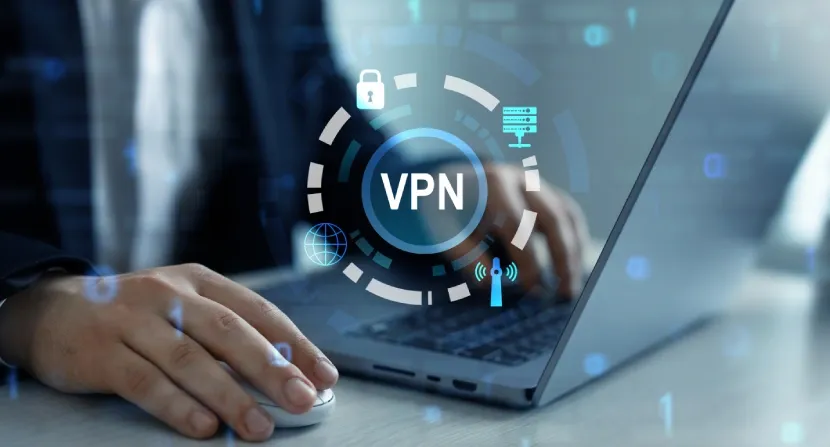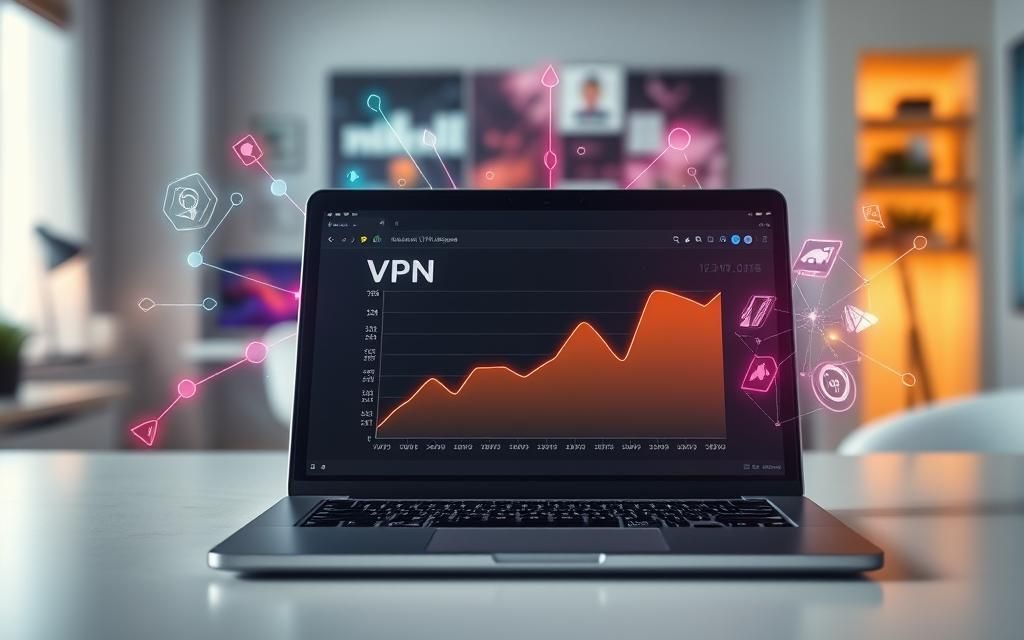Welcome to our in-depth comparison of VPN hardware and VPN software. If you’ve ever wondered about the differences between these two options, you’ve come to the right place. In this article, we will discuss the performance, security features, and cost analysis of VPN hardware and VPN software. When it comes to choosing between VPN hardware and VPN software, it’s important to consider various factors. The performance of your VPN solution is crucial, as it directly affects network speed and reliability. Additionally, the security features offered by each option are vital for protecting your data and maintaining privacy. Lastly, you’ll need to evaluate the cost analysis of both VPN hardware and VPN software to make an informed decision. Throughout this article, we will delve into each of these aspects, providing you with detailed insights into the differences and advantages of VPN hardware and VPN software. So, whether you’re a business owner looking to enhance your network security or an individual seeking better online privacy, join us as we explore the world of VPN hardware and VPN software. By the end of this article, you’ll have a clearer understanding of which option might be more suitable for your specific needs. Understanding VPN Hardware In this section, we will explore what VPN hardware entails and discuss the benefits it offers. VPN hardware refers to dedicated physical devices that are specifically designed to provide secure and reliable VPN connections. Unlike VPN software that runs on devices like computers and smartphones, VPN hardware is a standalone solution that operates at the network level, offering several advantages. How VPN Hardware Functions VPN hardware acts as a gateway between your network and the internet, encrypting and decrypting data packets to ensure secure transmission. It establishes a secure tunnel for communication, protecting your sensitive information from potential threats such as hackers and cyber attacks. By routing traffic through the VPN hardware, it adds an extra layer of protection to all devices connected to your network. The Benefits of VPN Hardware VPN hardware provides several key benefits that make it an attractive option for businesses and organizations: Network-wide protection: VPN hardware protects all devices connected to your network, ensuring that all data sent and received is secure. This eliminates the need for individual installations on multiple devices. Enhanced performance: VPN hardware is dedicated solely to VPN functionality, allowing for faster and more efficient processing of VPN traffic. This results in improved network performance and reduced latency. Scalability: VPN hardware can easily accommodate the needs of growing networks, making it suitable for organizations of all sizes. It offers the flexibility to handle increased traffic without compromising performance. Reliability: VPN hardware is designed to provide a consistently stable connection, ensuring uninterrupted access to your network resources. This is particularly beneficial for businesses that rely on secure remote access for their employees or need a reliable connection for mission-critical applications. To better understand the benefits of VPN hardware, let’s take a look at a comparison table: Benefit VPN Hardware VPN Software Network-wide protection ✅ ❌ Enhanced performance ✅ ❌ Scalability ✅ ✅ Reliability ✅ ✅ Exploring VPN Software When it comes to securing your online activities and protecting your sensitive data, VPN software offers numerous advantages. Let’s delve into how VPN software operates and explore the benefits it brings. Flexibility and Ease of Use VPN software is designed to be user-friendly, allowing individuals and businesses to easily set up and configure a secure connection. With intuitive interfaces and straightforward installation processes, VPN software eliminates the need for technical expertise, making it accessible to users of all levels. Compatibility with Different Devices One of the key advantages of VPN software is its compatibility with various devices and operating systems. Whether you’re using a Windows PC, a Mac, an Android smartphone, or an iOS tablet, VPN software ensures seamless integration and protection across multiple platforms. This versatility allows you to enjoy secure browsing, streaming, and file sharing regardless of the device you’re using. Scalability for Growing Needs VPN software is highly scalable, making it suitable for individuals, small businesses, and large enterprises alike. As your needs grow, VPN software can easily accommodate an increased number of users, devices, and locations. This scalability ensures that your network remains secure and efficient as your operations expand. Overall, VPN software offers flexibility, ease of use, compatibility, and scalability, making it an excellent choice for individuals and organizations seeking reliable online security and privacy. In the next sections, we will compare the performance, security features, and cost of VPN hardware versus VPN software to help you make an informed decision. Performance Comparison: VPN Hardware vs VPN Software When it comes to VPN solutions, both hardware and software options have their own unique strengths and considerations. One crucial aspect to evaluate is the performance offered by VPN hardware and VPN software. Let’s dive into a comparison of the two options, taking a closer look at throughput, latency, and bandwidth. Throughput VPN throughput refers to the amount of data that can be transmitted over the VPN connection within a given time frame. VPN hardware typically offers higher throughput capacity compared to VPN software. This is because VPN hardware is purpose-built and optimized for handling VPN traffic, ensuring efficient data transfer. In contrast, VPN software performance can vary depending on the underlying hardware resources of the device running the software. While software solutions can still provide adequate throughput for individual users or small-scale deployments, they may face limitations when it comes to handling large amounts of data or supporting multiple simultaneous connections. Latency Latency, or the delay between when data is sent and received, is another crucial performance factor. VPN hardware tends to have lower latency compared to VPN software. This is because VPN hardware operates at the network level and can process VPN traffic directly, minimizing the additional processing and latency that may be introduced by software-based solutions. On the other hand, VPN software may introduce some level of latency due to the overhead of encrypting and decrypting data, as well as the





